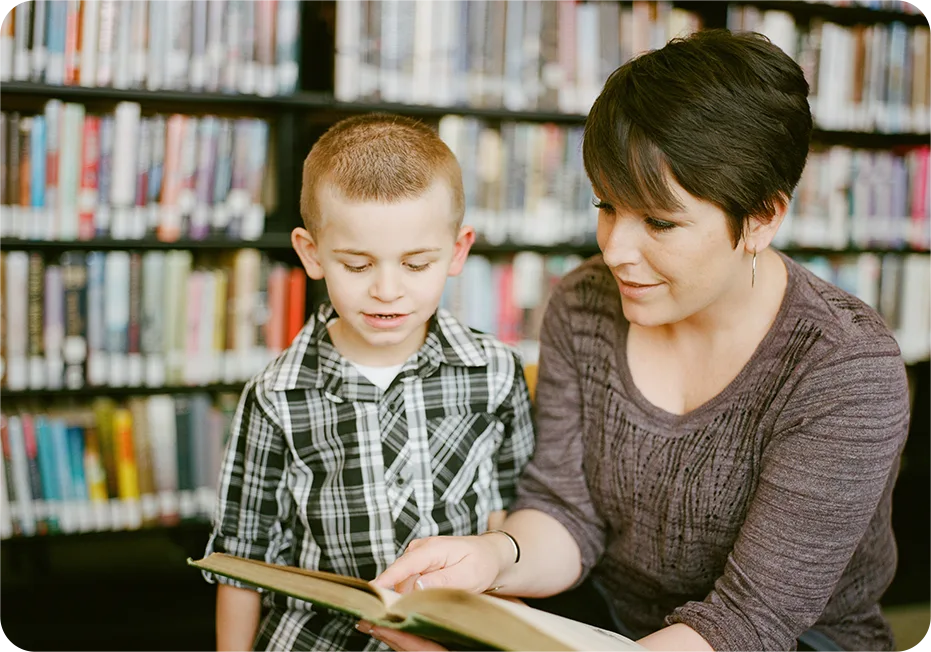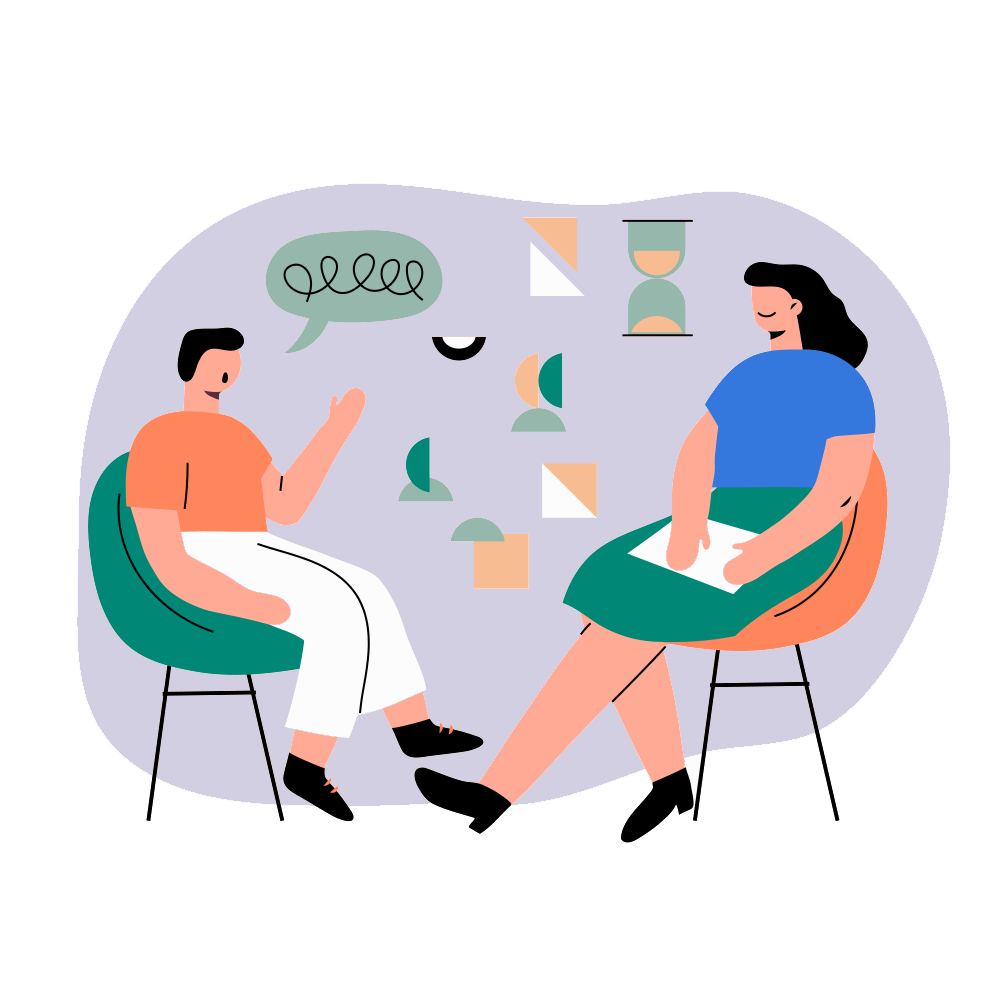
How does Play Therapy work?
Children naturally learn and develop through play. Play therapy builds on this with the support and expertise of a trained therapist.
There are many different ways of using play in therapy – for example musical instruments, books, sand trays, arts and crafts, and messy play. It can also include role play, where children might dress up or play out difficult experiences with small figures, soft toys, or puppets.
Play Therapy for children
This course will teach you techniques and methods of Play Therapy for children which become more widely used to express their desires and frustrations in a natural and safe way. There are huge benefits to working with children through play therapy which helps them to communicate at their own level using everyday play things. This course will show you how to build a relationship with the child in the therapy process so that the child can fully express and discover his/her self through play for optimal growth and development. This course is designed for those who already have an interest in play therapy as well as those who wish to develop or update their existing knowledge. The training materials of this course are available online for you to learn at your own pace in a very comfortable manner.
Have you come across such cases?
Poppy has always been a quiet and secretive girl, but after the death of her beloved grandmother, she has closed herself off even more. She is constantly sad and does not feel like talking to her relatives, going to school, or playing with her peers. When her parents try to talk to her, she bursts into tears and locks herself in her room. The girl has problems understanding the situation and expressing her own emotions. She is unable to be happy and joyful, despite a lot of support from her relatives. The parents are concerned about their daughter's condition.
In order to help the child effectively, an individual view of the problem is needed to address her current needs.
Oliver, who has always been quite a lively and open-minded child, has for some time been doing everything he can to avoid going to school. He fears that he will be in danger on his way to or from school. Some three months ago, he saw an accident in which a car hit his classmate. Since then, the boy doesn't want to leave the house, he has nightmares at night and fears for his health and that of his loved ones. He keeps repeating that he doesn't want someone he loves to leave him. He feels constant anxiety and fear of leaving home.
Standard methods don't help. It is advisable to use techniques that will help to find solutions to difficult situations together with the child and to actively work through the problem.
Maya has trouble forming relationships. She does not socialise with her school friends, also at school, she tends to stay on the sidelines and does not like to be the centre of attention. She talks very little with her peers because she fears that she will be rejected and that no one will want to be friends with her. Maya also dislikes performing in front of the class or taking part in plays. The girl feels that no one likes her, even though no one has ever said this to her or offended her in any other way.
Techniques are needed to help talk to the child, to make her understand her emotions, and to build her self-esteem again.
During the course you will learn:

How to..
.. plan the process of working with the child to support them in coping with difficult emotions and use metaphors and symbols depicting emotions in therapeutic play

How to..
.. build a sense of identity using elements of play therapy and use problem-solving mechanisms to reduce the child's fears, and show ways to think differently about anxiety-provoking situations, and enhance self-confidence

How to..
.. work with metaphor to project unconscious content onto the acting character or the material used in the session (figures, puppets) and use play as a tool for observing what is going on in the child's inner experience
Course author:

The course has been developed in cooperation with psychologists and psychotherapists that have been working with children, teenagers, parents, and carers providing them with developmental support and individual pedagogical therapy.
What are the benefits of Play Therapy?

A child may not have the words to describe how they are feeling, or why they are behaving as they do. Significantly, play therapy offers children a safe and comfortable space in which they can be themselves and have emotional support to express their feelings freely.

Play therapists work with children suffering from a range of psychological difficulties and complex life experiences, including:
- parental separation
- abuse or neglect
- low self-esteem or anxiety
- depression
- domestic violence
- ADHD and behavioural problems
- learning difficulties
- trauma
- separation from culture of origin
Play therapy can also be a useful tool to use if a child or family has a chronic illness, if they have an eating disorder, or are exhibiting problem behaviours at school (eg aggression).
What will you gain by taking part in the course?

New, current threads
During the lectures of this course, you will gain full insight into practice techniques and methods to help children experiencing depressed mood, negative emotions, anxiety, long-term stress, and feeling overwhelmed by an overload of information and responsibilities and learn how play therapy can benefit the quality of their psycho-physical well-being. It is also ideal for anyone who wants to expand a current related profession or learn a new one.

New skills
By taking this course, you will learn the need-to-know information about the role of Play Therapy. You will improve your practice as an effective method of reducing anxiety, and appreciation, taming difficult emotions, and supporting the psychosocial development of children. The course will help you learn how to adapt play as a way of helping children understand and express their thoughts and feelings.

Practice
The course covers a range of areas related to child development and wellbeing. This course is designed to provide a detailed understanding of activities associated with Play Therapy that is mainly used with children who may not be able to put how they are feeling into words. Play therapy helps them to communicate at their own level using everyday play things. By the end of this course, you’ll have the skills to help them learn to cope with what they’re going through and to develop and build relationships with others.

Availability
You will have access to all materials in a convenient form online around the clock, 24 hours a day, 7 days a week, 365 days a year, so you can learn where, how, and when you want by using downloadable resources such as notes, videos, slides, factsheets, assessments and highlighted key points in each course section which are helping you to keep on track, as well as improve your results.

Certification
Once you have completed the course you will receive a personal document confirming participation in the course.
You will be able to download your certificate of completion from 'my panel' on the UniqSkills platform and share your new skills online.
Syllabus:
|
Module 1 - PLAY THERAPY IN THE REDUCTION OF EMOTIONAL DIFFICULTIES - REDUCING ANXIETY AND COPING WITH DIFFICULT SITUATIONS |
|---|
|
The importance of play in children's lives, the role and function of symbolic play, and the stages of play in the therapeutic process - how to plan the process of working with the child to support them in coping with difficult emotions |
|
Features, types, phases, and structure of therapeutic play based on specific situations from the practice - methodology, and guidelines for therapy planning using the example of working with sadness, jealousy, shame |
|
What role does the therapist play in the child's experience - examples of ways to introduce play into the therapy process |
|
Opportunities to use elements of play in regulating emotions, including emotions related to anxiety and fear - the child acting out emotions in action |
|
Developing the child's emotional intelligence in a play-based therapeutic process - guidelines for guiding therapy |
|
How to use metaphors and symbols depicting emotions in therapeutic play - principles for building and supporting the child in taming, understanding, and accepting difficult emotions using reflection of their feelings |
|
Module 2 - PLAY THERAPY AND THE DEVELOPMENT OF THE CHILD'S PSYCHO-SOCIAL COMPETENCES |
|---|
|
Sense of security - guidelines for creating the right therapeutic environment for the child to get the most out of therapy, to open up to the therapist, and to establish a secure relationship to foster empowerment |
|
Ways to connect and bond with your child through play - practical tips to help your child believe in their own abilities and achieve their therapeutic goals |
|
How to build a sense of identity using elements of play therapy - examples of therapeutic questions, worksheets, and information leaflets for parents with a set of exercises to use in the office and at home to increase the effectiveness of the therapy |
|
Use problem-solving mechanisms to reduce the child's fears, show ways to think differently about anxiety-provoking situations, and enhance self-confidence |
|
Developing the child's communication skills through play - how to encourage the child to talk through the play process |
|
How to build messages that reduce tension, build emotional closeness, acceptance, and understanding |
|
Transference in play with the child - how to tell from the child's relationship with the therapist in the play process, what the relationship is between the child and their parents/carers, or how the child experiences this relationship |
|
Module 3 – PRACTICAL APPLICATION OF ELEMENTS OF PLAY THERAPY IN A THERAPEUTIC CONTEXT |
|---|
|
Play as a tool for observing what is going on in the child's inner experience - guidelines for reading and interpreting the symbolic messages contained in the play |
|
Drama - how to work with metaphor to project unconscious content onto the acting character or the material used in the session (figures, puppets)? We provide examples of therapeutic scenarios, especially for participants |
|
Visualisation techniques for positive images affecting the child's different senses - developing imagination and evoking positive emotional states |
|
How to interview the parent and prepare him/her for the separation process with the child |
|
Basic guidelines for setting boundaries in therapy - how to set boundaries in order to minimise the risk of the parent interfering excessively in play with the child |
|
Completion of the Course |
How do customers rate the course?
Order this course
THIS ADVANCED ONLINE COURSE INCLUDES:
Play therapy for children
- Expert Trainer
- Certificate of completion
- 24/7 access to a modern platform
- Access on mobile and tablets
- Hours of on-demand videos
- Downloadable resources
- Suggested study: 4 weeks, 2 hrs per week
Are you interested in making a purchase? Leave us youremail address, and we'll get back to you with anoffer!
Course Quality Guarantee ✔